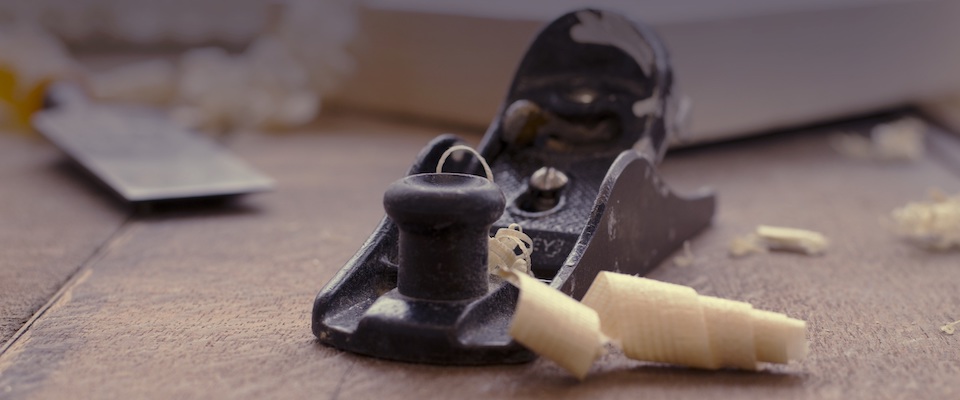I got to write for National Review on why vocational education and home economics should be part of everyone’s education. These tracks are exercises in truth-telling and help make good citizens.
In effect, our goods are leased, not owned. Even if we’ve paid for them outright, they are designed to be beyond us and to require frequent recourse to the experts allowed inside. And, often, when we seek the experts, they tell us that repair is impossible or not cost-effective. The only solution is replacement. These experiences are an education in learned helplessness.
In contrast, a shop class, taught well, is an education in truth-telling. In Shop Class as Soulcraft, Matthew
Crawford explains that he loves motorcycle repair because it cannot be faked. No matter how much you feel that you are owed a working machine at the end of repairs, the motorcycle can’t be argued or bullied into compliance. Crawford writes: “In any hard discipline, whether it be gardening, structural engineering, or Russian, one submits to things that have their own intractable ways. . . . The tradesman must reckon with the infallible judgment of reality, where one’s failures or shortcomings cannot be interpreted away.”There’s a clarity to physical work that can be harder to achieve in the broader liberal arts. Repeated encounters with the “infallible judgment of reality” can help train away the squirmy impulse to hope, argue, or assert a falsehood into being true. In other classes, and in many white-collar jobs, the truth can seem secondary. You can succeed without solving the problem in front of you if you can instead tell a story about why the problem isn’t your responsibility. That is its own education and formation of character.
Read the rest at National Review
